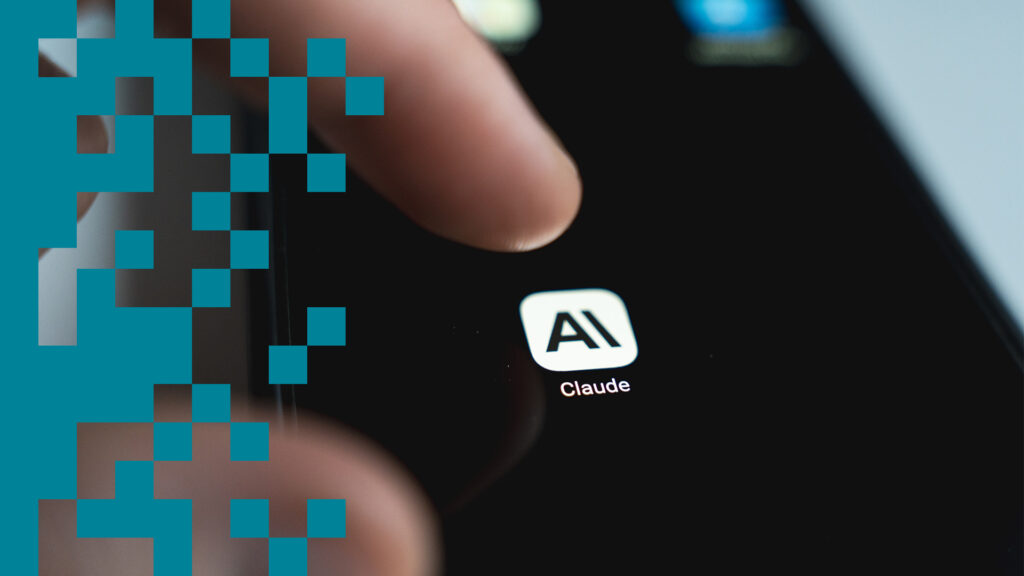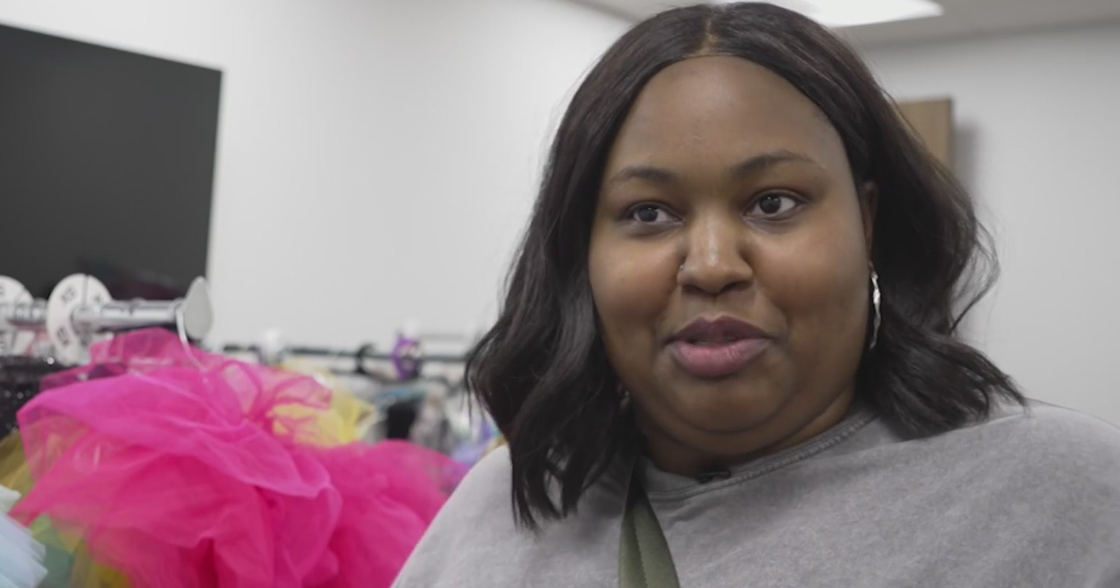Copyright STAT

Every year, pharmaceutical companies spend millions on “patient advocacy.” At its best, this supports families, advances science, and builds genuine partnerships. But too often, those dollars pay for glossy campaigns or photo-friendly projects that do little for the people they’re intended to help. In my work advocating for people with rare diseases, I’ve seen this dynamic firsthand. It’s rarely driven by bad intentions; many industry professionals care deeply about the communities they serve. In my own collaborations, I’ve had more good experiences than bad. Advertisement Still, good intentions don’t always translate into respect. I once heard a patient advocacy leader at one of the world’s largest biopharmaceutical companies describe patient stories as “misery porn” — a remark starkly at odds with the patient-centric slogans on his company’s website. This isn’t just an empathy problem. What gets labeled as patient advocacy is often shaped by groupthink, complacency, or a lack of imagination inside organizations. These dynamics can drain energy from well-intentioned work. Here are three ways I’ve seen this happen repeatedly. Undervaluing patient expertise. Big Pharma leaders often say they value patient voices. To their credit, patients and caregivers are now regularly invited to keynote town halls, sit on panels, advise on projects, or share their perspectives with executives. This was not always the case, and it represents real progress in patient engagement. Advertisement But this work is rarely compensated fairly. Travel may be reimbursed, but the hours of preparation, emotional labor, and expertise almost never are. At events and work sessions, patient advocates are often the only people in the room not being paid. The disconnect shows up in other ways. When I was working in Singapore, I was appalled that most companies’ employee health plans didn’t cover congenital diseases. As a caregiver for a child with a rare genetic disease, I raised the issue repeatedly but was largely ignored — even by Big Pharma firms with multibillion-dollar rare disease portfolios and entire teams devoted to reimbursement for costly therapies. Advocacy is, by its nature, often unpaid work with uncertain outcomes. And small biotechs, often cash-strapped and operating without formal processes, sometimes struggle to offer appropriate compensation. That’s understandable, and many nonetheless approach partnerships with genuine respect, even if resources are limited. But for large pharmaceutical companies with deep resources, the clearest way to show patients that they are valued is to take their input seriously and pay them for their expertise. That means building transparent ways to collaborate, setting honoraria that reflect expert rates, budgeting for caregiver time and preparation, and acting on feedback — even when it’s hard to do. Corporate charity theater. Many Big Pharma companies tie their corporate social responsibility initiatives to the needs of patient communities. Done right, this can deliver real benefits. But too often, it veers into theater. I once joined an offsite meeting where dozens of executives spent an afternoon building bikes “for orphans.” The all-in cost — travel, executive time, venue, vendor fees — almost certainly ran into the six figures. The result: maybe ten bikes. So who was really being helped? In another case, a large pharma company partnered with a Prader-Willi syndrome (PWS) association in a middle-income Southeast Asian country and decided to donate wheelchairs for children with PWS. Anyone with even a basic understanding of the condition would see the error. PWS can cause low muscle tone, scoliosis, and obesity when poorly managed, but it does not rob children of the ability to walk. If anything, good care means encouraging daily movement. Advertisement These kinds of projects are designed more for optics than for families. What patients truly need is not symbolic gestures but better access to care, tools to manage their conditions, and investment in research. Real impact comes from unglamorous, high-yield investments such as patient registries, capacity-building for advocacy groups, or well-designed access programs. Slogans without substance. Many large pharmaceutical companies tout slogans about putting patients at the center of everything they do. This sounds good, but too often the culture underneath doesn’t live up to the words. Having worked for more than a decade in health care industry roles, I’ve seen too many executives grow jaded or disaffected, treating advocacy as branding rather than insight, or simply dialing it in. The gap shows up in familiar ways: advocacy teams brought in as an afterthought, “listening sessions” that have no impact, or awareness campaigns that generate social media impressions but not impact. Impact is the only measure that matters. Advocacy should leave something that lasts. And when patients contribute, companies should close the loop by showing how their input shifted a decision or plan. The best companies already do this well. For the rest: Drop the performative pieces, invest in what families really need, and treat patient expertise as professional work. Do that, and the results will speak for themselves. You won’t need a slogan. Will Greene is a rare disease researcher and advocate based in the San Francisco Bay Area. He serves on the board of the Foundation for Prader-Willi Research. The views expressed are his own.



